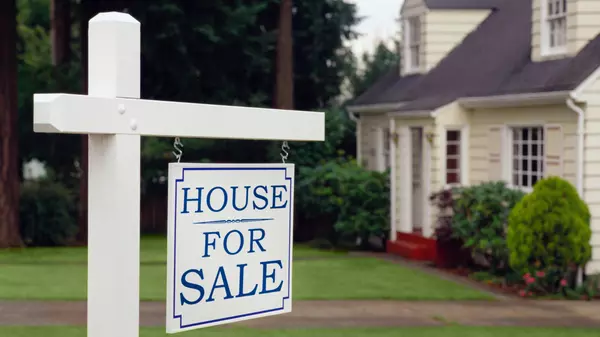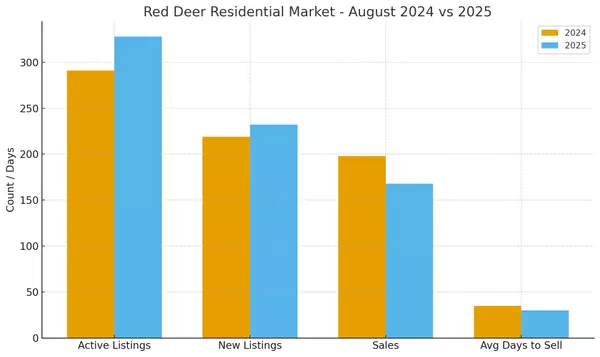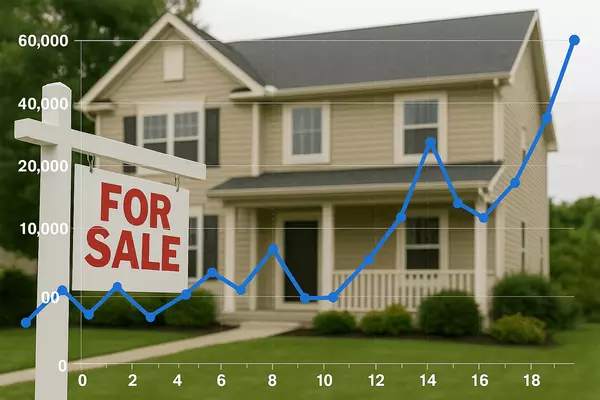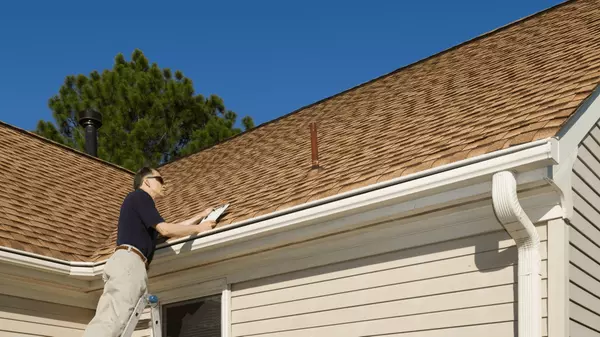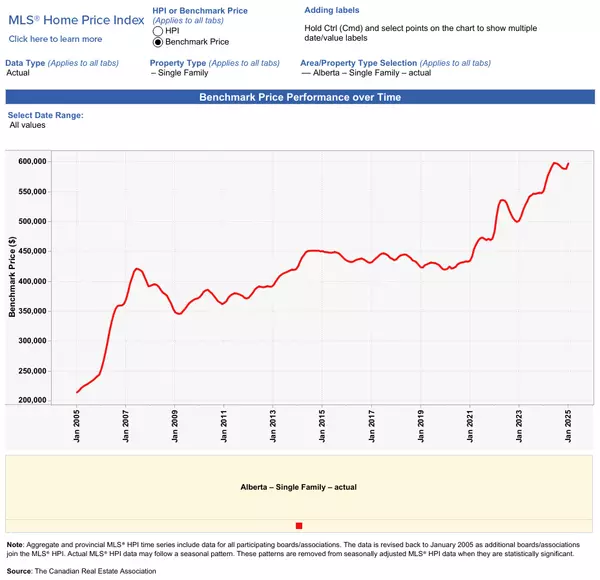What Every Red Deer Seller Should Know About Legal Disclosures

When it’s time to sell your home in Red Deer, transparency isn’t just good practice, it’s part of your legal responsibility.
Alberta law requires sellers to disclose material latent defects. These are serious issues that aren’t easily visible or discoverable during a typical home inspection, but that could affect the property’s safety, livability, or value.
Understanding what qualifies as a material latent defect and how to disclose it, can help protect you from legal trouble and ensure a smoother, more confident sale.
What Are Material Latent Defects?
A material latent defect is a problem with the property that meets one or more of the following conditions:
-
It’s not visible or discoverable through a normal inspection.
-
It makes the property dangerous or unfit for habitation.
-
It renders part of the home unfit for its intended use.
-
It would cost a significant amount to repair.
-
It would likely influence a buyer’s decision to purchase the property.
In short, if it’s hidden and serious, it needs to be disclosed.
Some examples of material latent defects could include:
-
A basement that floods during heavy rain, but appears dry during showings.
-
Hidden structural or foundation problems not visible to the eye.
-
An electrical or plumbing issue concealed behind finished walls.
-
A known mold problem that has been covered up, not corrected.
-
Contaminated soil or a previous underground storage tank.
These are not minor cosmetic concerns, they’re hidden issues that can impact a buyer’s safety, comfort, or investment.
Why Disclosure Matters
Disclosing material latent defects isn’t optional, it’s your legal obligation under the Real Estate Act and RECA (Real Estate Council of Alberta) regulations.
Failing to disclose known defects can lead to a buyer taking legal action after possession, and it can put your sale, and your reputation at risk.
Most buyers today work with inspectors and REALTORS® who know what to look for. Being upfront from the start avoids surprises, protects you from liability, and builds trust in your listing.
What You Don’t Need to Disclose
You are not required to disclose anything that a reasonable buyer or inspector could see during a normal viewing or home inspection, such as an aging roof, cracked tile, worn flooring, or peeling paint.
These are considered patent defects, meaning they’re visible and discoverable.
However, if there’s a hidden issue related to those things for example, a roof that leaks into the attic but doesn’t show visible signs inside the house, that’s a latent defect and must be disclosed.
What About Stigmatized Properties?
A stigmatized property is one that carries a psychological or social stigma, for example, if a death, crime, hauntings or other event occurred in the home.Under Alberta law, you are not required to disclose this type of information. However, there’s a practical side to consider.
In many Red Deer neighbourhoods, people talk, and chances are, your neighbours will too. If a buyer learns about a stigmatized event after moving in, it can lead to distrust and potential issues down the road.
That’s why, while it’s not legally required, voluntary disclosure can sometimes prevent awkward or damaging situations later. When in doubt, your REALTOR® can help you decide the best way to handle this type of sensitive information.
Why It’s Smart to Disclose Past Issues - Even If They’re Fixed
Even if a problem has been professionally repaired or remediated, it’s often a good idea to disclose it.Why? Because even the best repairs can’t always guarantee the issue won’t return, and if it does, the buyer can’t claim they were unaware.
For example:
-
If your basement once had water seepage that was corrected with proper drainage or waterproofing, mention it.
-
If there was mold that was professionally removed, note it.
-
If a structural crack was repaired, disclose it along with documentation of the fix.
By being upfront, you show buyers that you took responsible action, and protect yourself from future disputes.
Plus, remember: neighbours tend to have long memories. It’s not uncommon for them to casually mention something like, “Oh, I thought they fixed that water problem,” after the new owners move in. By disclosing it upfront, you’re ahead of the story, not reacting to it.
How to Handle Known Issues the Right Way
If you know of a material latent defect, be honest and disclose it in writing. You don’t need to guess at what might be wrong, only disclose what you know for certain. If you’re unsure, your REALTOR® can help you gather information or suggest a professional inspection to confirm the details.
Remember: disclosure doesn’t mean your home won’t sell. In most cases, it simply sets the right expectations for buyers and prevents surprises after the sale.
The Role of Your REALTOR®
Your REALTOR® is your best resource for handling disclosures properly. At Coldwell Banker OnTrack Realty, I guide Red Deer sellers through the entire process, helping you identify what needs to be disclosed and ensuring it’s done correctly under Alberta’s real estate rules.
We’ll review the relevant forms and documentation together, making sure your sale is compliant, ethical, and worry-free.
Common Disclosure Mistakes to Avoid
Here are some key missteps sellers should watch for:
-
Failing to disclose known hidden defects.
-
Assuming verbal disclosure is enough. Always provide written documentation.
-
Trying to “fix” a problem cosmetically instead of resolving it properly.
-
Guessing about an issue. If you don’t know, say so, don’t speculate.
When in doubt, disclose it. Buyers appreciate honesty, and full transparency can actually increase buyer confidence.
Final Thoughts
When selling your home in Red Deer, honesty and preparation go a long way. By disclosing any known material latent defects, and even properly repaired issues, you protect yourself from legal issues, create a smoother transaction, and demonstrate integrity. Buyers notice that level of transparency, and it helps your home stand out in a competitive market.
If you’re thinking of selling and aren’t sure what applies to your situation, let’s talk. I’ll walk you through what you need to know to keep your sale both compliant and stress-free.
📞 Call Chris Forsyth at 403-391-8141 or visit reddeerhouses.ca/contact to schedule your confidential seller consultation today. Let’s make your sale smooth, transparent, and successful.
Your Home. Your Market. Your Move.
Categories
Recent Posts


